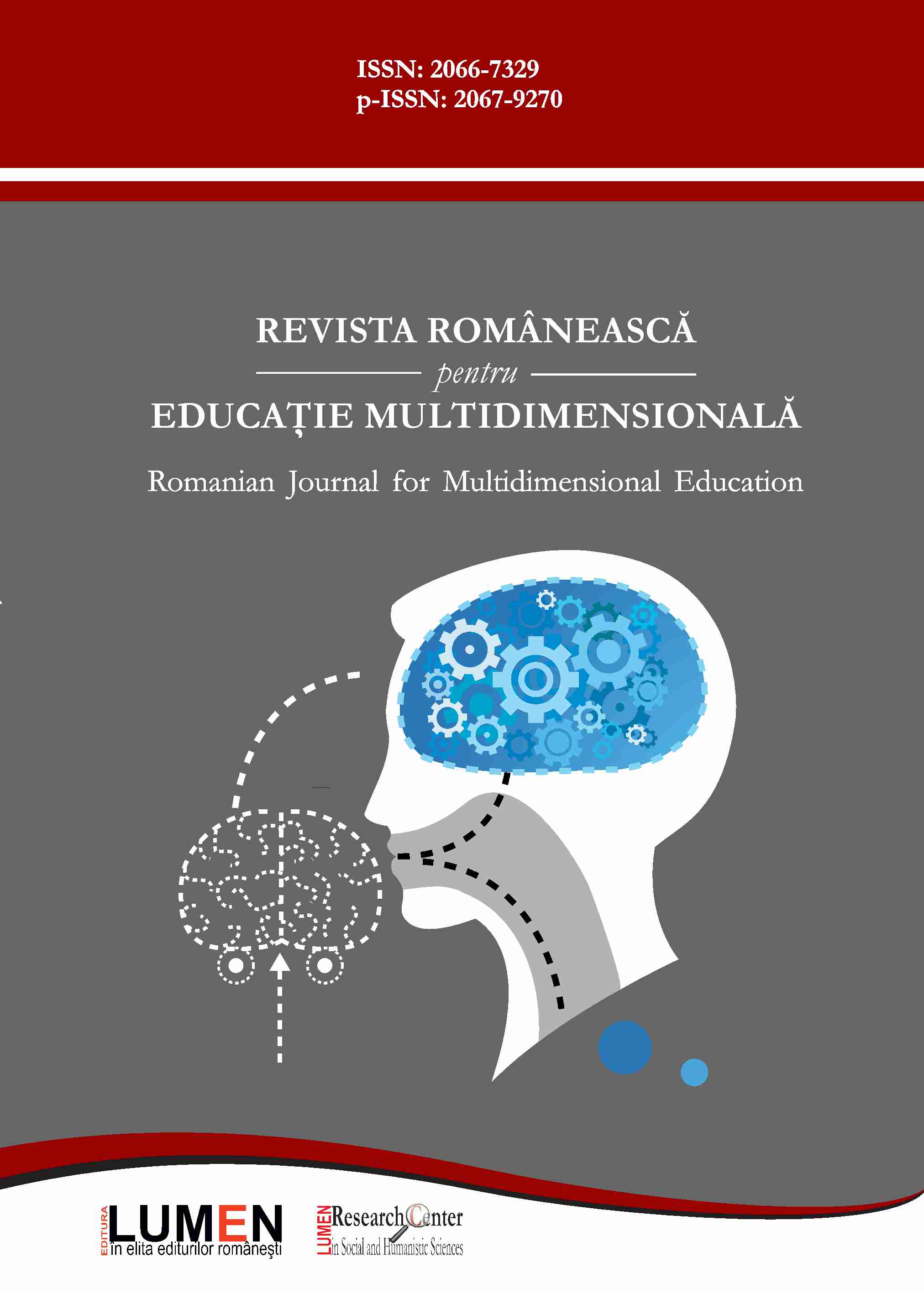Interactive Neurocognitive Models of Language Processing
Interactive Neurocognitive Models of Language Processing
Author(s): Svitlana Shestakova, Liubov Oliinyk, Nataliia Rebryk, Anatolii Yanchyshyn, Oksana Yushchyshyna, Myroslava HnatyukSubject(s): Social Sciences, Education, Lexis, Semantics, Psycholinguistics, Eastern Slavic Languages, Pedagogy
Published by: Editura Lumen, Asociatia Lumen
Keywords: lexico-semantic innovations; Ukrainian naming; ergonyms; pragmonyms; Ukrainian; derivational metaphor; derivational metonymy; binary word combinations;
Summary/Abstract: The article shows that lexico-semantic innovations in the Ukrainian language system of proper names which are characterized by a specific neurophysiological mechanism of formation require in-depth study. The relevance of the article lies in the fact that lexico-semantic word formation used to be mainly considered in the diachronic aspect, which led to little attention to ergonyms and pragmonyms as relevant classes of proper names. The article aims to analyze lexico-semantic innovations in the context of ergonyms and pragmonyms and determine their role in word formation in the system of naming-related tools in the modern Ukrainian language. Research methods include observations, analogies, analysis, synthesis, linguistic description, component analysis, structural-semantic analysis, statistical methods. The article proves that lexico-semantic word formation is the most active and productive way of replenishing the fund of ergonyms and pragmonyms in the Ukrainian language under the conditions of a transition economy. The main types of lexico-semantic word formation are derivational metaphor and derivational metonymy. They enable the formation of both simple and compound lexico-semantic innovations mostly represented by binary word combinations. Including all layers of vocabulary in the scope of such a type of word formation can bring unlimited prospects of its functioning in the future. The international value of the research implies clarifying the role of lexico-semantic word formation in the naming system of modern Ukrainian, describing important fragments of the lexical structure of the Ukrainian language, systematizing modern lexico-semantic naming models, and determining the ways of activating lexico-semantic substitution. For the first time in Ukrainian linguistics, the research analyzes peripheral classes of proper names in various ways, classifies ergonyms by thematic groups and motivational features underlying the naming unit and reveals the specifics of different semantic groups of Ukrainian pragmonyms.
Journal: Revista Românească pentru Educaţie Multidimensională
- Issue Year: 14/2022
- Issue No: 4
- Page Range: 274-297
- Page Count: 24
- Language: English

